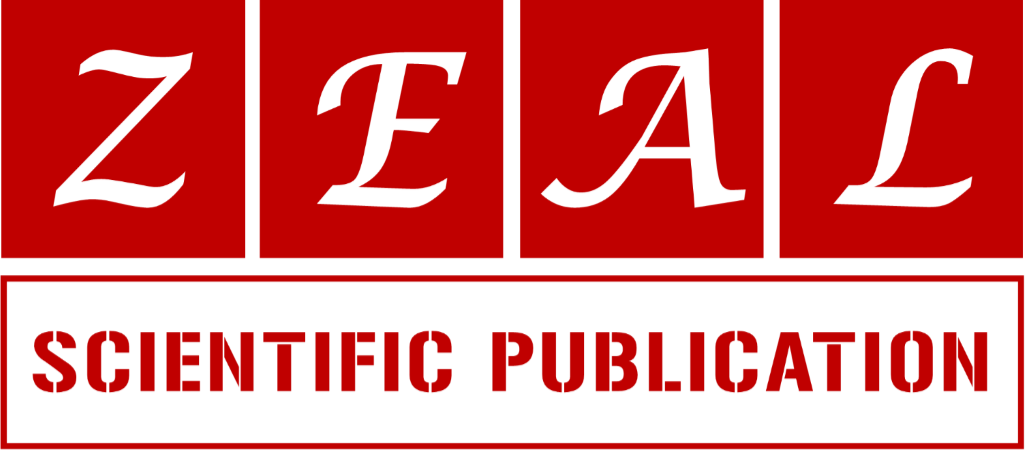Development of engineering programs learning outcomes in light of the Kingdom of Saudi Arabia’s Vision 2030
1 Department of Industrial Engineering, College of Engineering, Taif University, P.O. Box 11099, Taif 21099, Saudi Arabia.
2 Department of Mechanical Engineering, College of Engineering, Taif University, P.O. Box 11099, Taif 21944, Saudi Arabia.
3 Department of Civil Engineering, College of Engineering, Taif University, P.O. Box 11099, Taif 21944, Saudi Arabia.
Review
World Journal of Engineering and Technology Research, 2022, 01(02), 001–008.
Article DOI: 10.53346/wjetr.2022.1.2.0023
Publication history:
Received on 03 March 2022; revised on 19 April 2022; accepted on 21 April 2022
Abstract:
Quality in higher education academic programs in general and in particular engineering education programs is one of the essential issues in the process of developing and modernizing the education system within the vision of the Kingdom of Saudi Arabia 2030. The development of engineering programs outcomes is also one of the challenges facing engineering colleges in Saudi universities. To achieve a comprehensive educational quality practice that leads to bridge the gap between engineering education outcomes and labor market requirements, engineering programs outcomes should be developed in line with the changes of the modern era and the requirements of the accelerated technological labor market. This target is one of the basic and strategic pillars for achieving this ambitious vision through the effective role of Saudi universities in this context. In the present study, the development of learning outcomes in the previous period for engineering education programs is reviewed through the National Center for Academic Assessment and Accreditation (NCAAA) as well as through the Accreditation Council for Engineering and Technology (ABET). A model for developing study plans and redesigning various engineering programs to achieve a distinct level of the quality of engineering education is presented through the National Transformation Program 2020. Through this philosophy of change to formulate learning outcomes for engineering programs and their diversity, the updated assessment methods have been reviewed and proposed to measure those outcomes in a distinct way. This study will offer a guide that helps the teaching staff to choose the most appropriate assessment methods with setting the priorities of the measurement methods for each educational outcome of the curriculum. The presented scientific paper provides a model for continuous evaluation plans of the educational process in engineering programs to achieve the goals of engineering programs that seek to distinguish their graduates and raise their productivity and increase their competitiveness in a way that suits the nature of the current labor market.
Keywords:
Educational quality; Higher education; Engineering learning outcomes; Engineering educational programs; Continuous assessment plans
Full text article in PDF:
Copyright information:
Copyright © 2022 Author(s) retain the copyright of this article. This article is published under the terms of the Creative Commons Attribution Liscense 4.0
